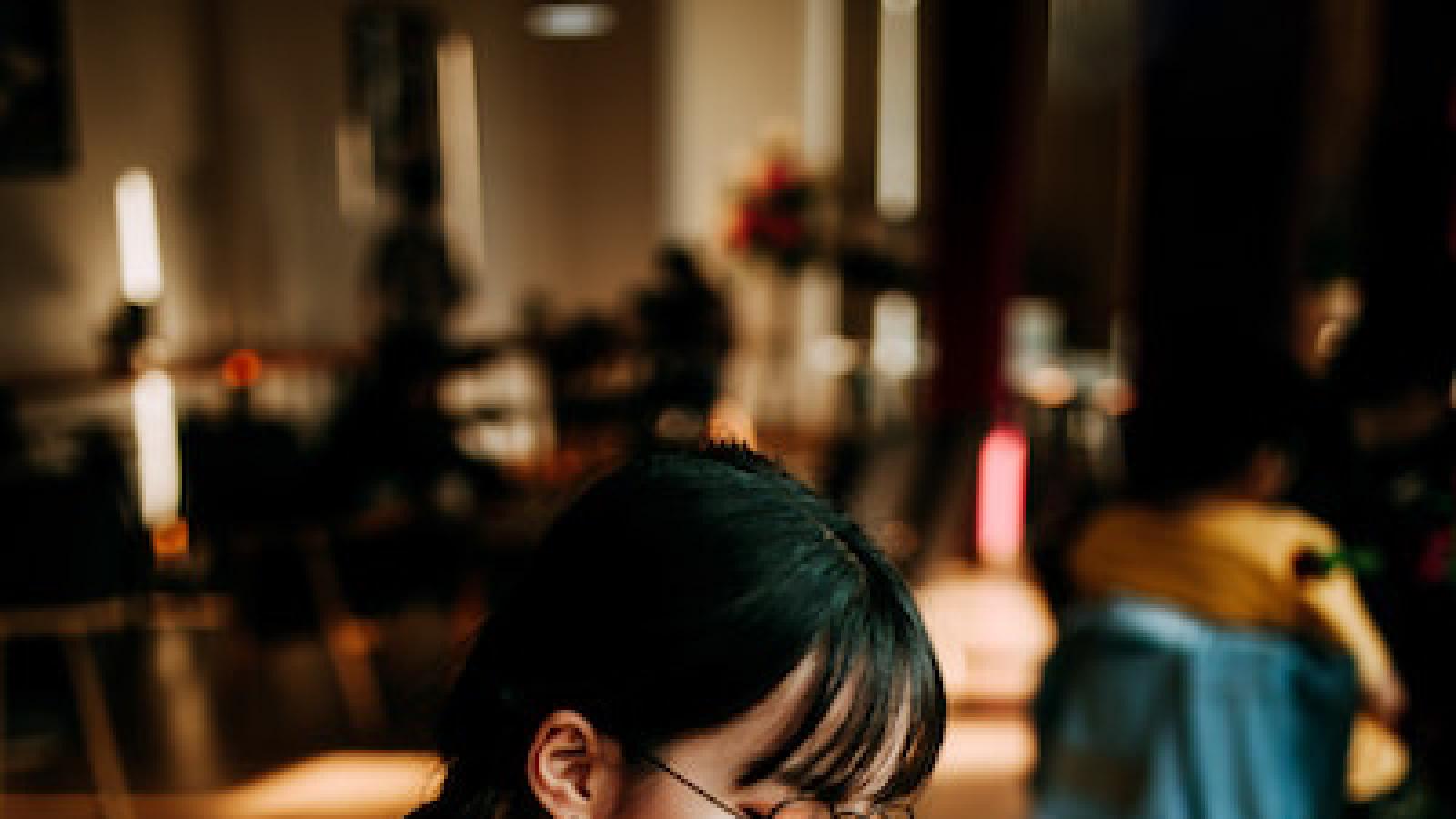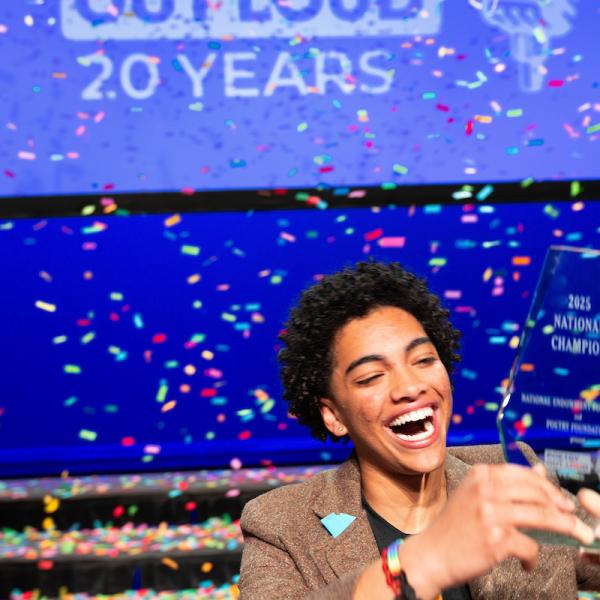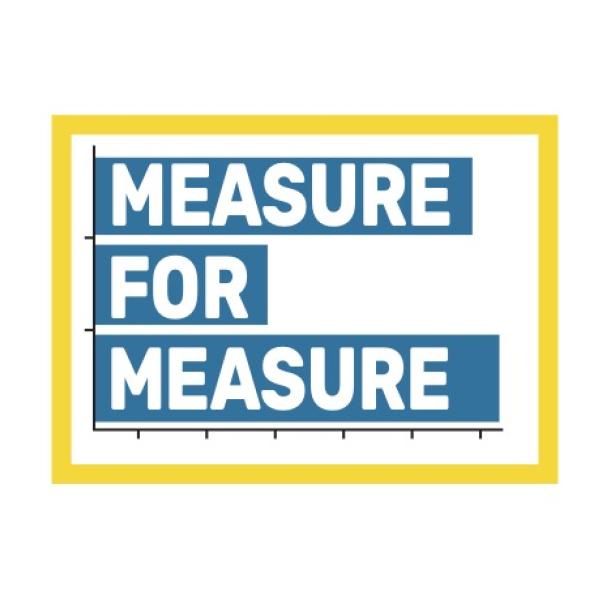What Are The NEA Big Read Authors Reading?

There are a ton of exciting new books coming out all the time (we know because we support many of them through our grants to literary presses and journals!). It sometimes feels overwhelming trying to decide what book to read next, which is why the NEA literature staff loves a good book recommendation. We asked some of the NEA Big Read authors what books they read and loved this summer, because who better to ask than the authors whose books you already love? Holy cow, did they deliver!
Roz Chast: This summer I read Convenience Store Woman by Sayaka Murata. It's about a woman in Japan who has known from childhood that she is wired quite differently from other people. However, she finds her place in society and her life's meaning by being part of a machine—i.e., working as a clerk in a convenience store, doing the same tasks day after day for 18 years. It's a very strange, creepy, and sometimes funny (in a dark way) story. I chose it because I read a review in the NY Times Book Review and it sounded intriguing.
Ron Rash: When I was in my early 20s, Tom McGuane’s Ninety-Two in the Shade was an immensely important book for me, especially for the beauty of its language. McGuane’s Cloudbursts: Collected and New Stories came out this spring. Reading (and more often rereading) these stories was the literary delight of my summer.
Kao Kalia Yang: This summer, I read an exciting manuscript titled In the Night of Memory by Linda LeGarde Grover about the disappearance of Native-American women. I've been moved and educated by the book. I knew about the Indian Schools and some about the reservations; I did not know about the encampments of Indians who did not agree to sign over lands or buy over lands, who wanted to preserve the "old" ways of life and thus, across generations, became poorer and poorer, or about the divide within tribes between those who agreed and those who didn't and the consequences for their descendants. The book will be coming out from the University of Minnesota Press. It's such an important book. (Check out Onigamiising and The Road Back to Sweetgrass for books already published by Grover.)
Joy Harjo: The Beekeepers by Dunya Mikhail. Dunya is one of my favorite poets. Her poetry voice is visionary, startling, and compassionate. The Beekeepers is a testimony, a book of witness and of the breaking heart of the center of the world. [Also,] There,There by Tommy Orange. Lots of hype around the appearance of this first novel by Cheyenne/Arapaho fiction writer, Tommy Orange. All of it is true.
Celeste Ng: In August, I took a vacation to London, and one of my favorite parts of any trip is visiting new bookstores. At Hatchards, the oldest bookstore in the UK, the cover of Ninety-Nine Glimpses of Princess Margaret, by Craig Brown, caught my eye. It seemed like the perfect book for this visit: slightly frothy, royalty-obsessed, and utterly British. And it's all of those things, but on top of that it's formally inventive, surprisingly poignant, and thought-provoking. It's left me rethinking my perception of Princess Margaret and the cult (and curse) of celebrity—and who knows, it may shake up the way I write some of my fiction, as well!
Julia Alvarez: This year I discovered a new (to me), favorite writer, the German novelist Jenny Erpenbeck. I happened upon her work when I read a phenomenal review of her novel, Go, Went, Gone, by James Wood in the New Yorker—the review itself is a stunning piece of writing. Intrigued, I picked up a copy of the novel and I was swept away. It’s a stunning tour de force, showing the slow and very credible politicization of a retired classics professor as he engages with a community of homeless African refugees camped out in a square in Berlin. So many of the issues/themes/characters he has known only academically now come to life as he befriends these men—their stories open up his heart and his life. And ours, as we read. The writing is incantatory, builds to such force, and challenges the ways we see or don’t see the others around us. I went on to read everything Erpenbeck has written—a writer who always keeps surprising me—but this novel remains my favorite. Susan Bernofsky’s translation makes the novel sound as if it has not traveled to us from another language. Erpenbeck’s novel is achingly relevant in engaging the truths we need to address as individuals and as a nation.
Emily St. John Mandel: My favorite (available, in English) book of the past few months was Asymmetry by Lisa Halliday. It's just an extraordinary book. On a prose level, the writing is so good that I found myself double-checking her bio to confirm that it's really her first novel, and it has a fascinating structure and tremendous depth to it.
Julie Otsuka: Paris Stories, by Mavis Gallant. Future travel often seems to be the only organizing principle of my otherwise random and haphazard approach to reading. This summer, in preparation for an upcoming trip to Paris (a French play based on my novel, The Buddha in the Attic, will be staged in January 2019), I reread some of Gallant’s stories, which have been collected in a beautiful edition published by the New York Review of Books. Gallant writes, with gleefully savage wit, about the displaced and the dispossessed—refugees, emigres, artists, expatriates, and even, in one of my favorite stories, "From the Fifteenth District," three unhappy ghosts—living in the long shadow of WWII.
Kelly Link: Summer always gets away from us, but still there are always a few spaces in which—if we’re lucky—we find a perfect book, the kind that you can almost inhale, you read it so quickly. My most recent favorites were Laird Barron’s ice-cold Blood Standard, which had all the pleasures of a classic John D. MacDonald mystery. There’s also Scott Hawkin’s The Library at Mount Char, an immersive and somewhat brutal fantasy novel about children with godlike and terrible powers. Bethany Morrow’s Mem is a fable-like story about identity, memory, and science. If you’re a reader who prefers short stories, the NYRB edition of Robert Aickman’s uncollected short stories, Compulsory Games, is a great introduction to one of the masters of the uncanny. Jamel Brinkley’s A Lucky Man is terrific. And although summer is now over at last, I’m still sitting on my porch in the morning and reading—right now it’s Shobha Rao’s Girls Burn Brighter, which is every bit as electrifying and urgent as her collection An Unrestored Woman.
Adrian Matejka: This summer I went back to the book that inspired me to write poetry to begin with: Yusef Komunyakaa’s Pulitzer Prize-winning Neon Vernacular. He is one of our most important poets, and this selected poems collection excerpts from some of my favorite volumes, including Magic City and Dien Cai Dau. Komunyakaa’s particular insistence on music and image as the dual hearts of a poem is something that still leaves me with the kind of wonder usually reserved for audiences at magic shows. Like no other living American poet, Komunyakaa is able to surprise and delight in the same verse.
Dinaw Mengestu: Like many readers, I worked my way slowly through Jesmyn Ward’s remarkable Sing Unburied Sing—a novel that will outlast us all.
Don't forget to browse the NEA Big Read library to find even more books to add to your reading list!




